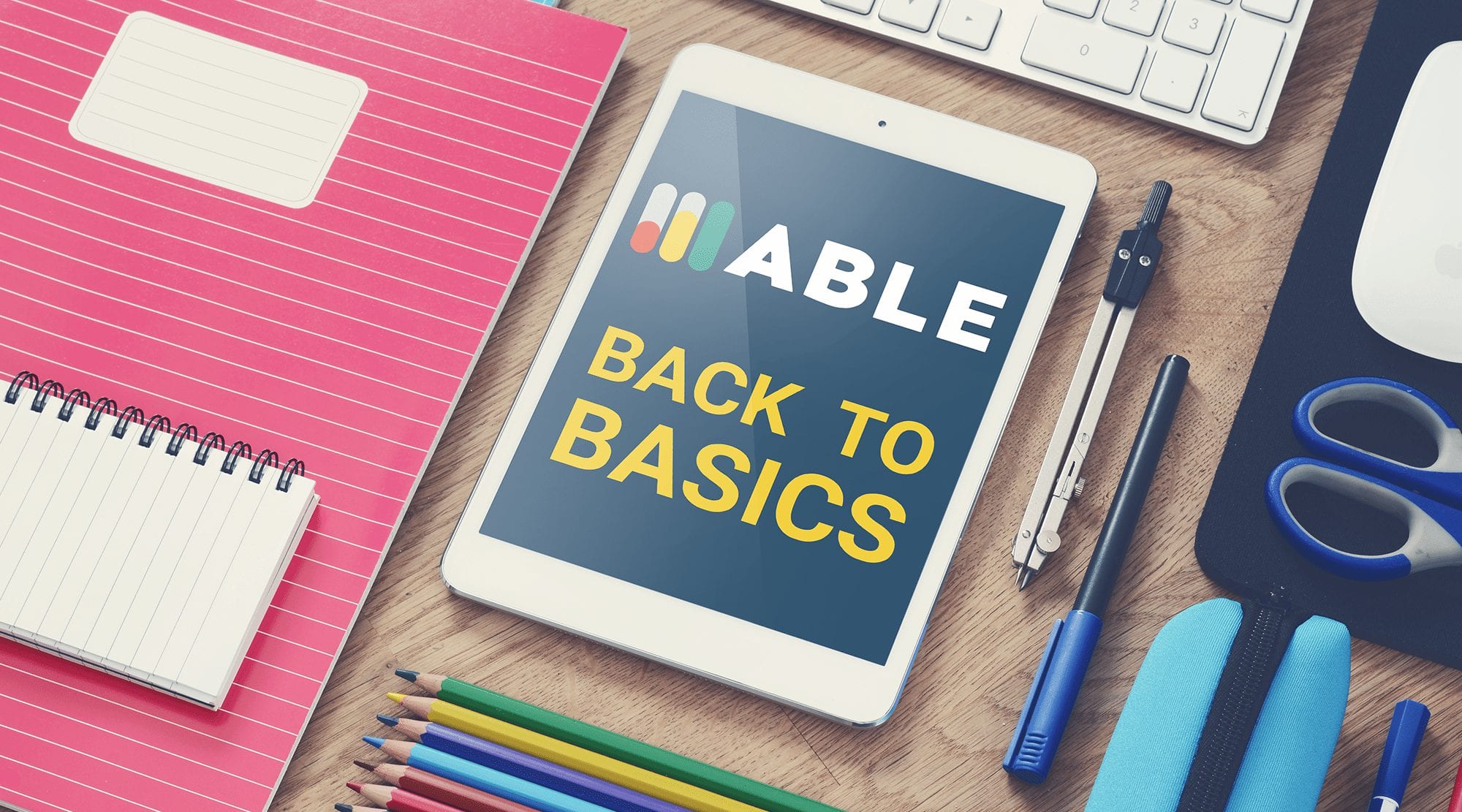In the spirit of the back-to-school season, we’ve put together a quick refresher on best practices for managing your key relationships!
Tips for Managing Your Key Relationships
Why is it so important to establish and maintain strong relationships? Good relationships with clients means that you’re more likely to keep your customers. Good relationships with referral sources lead to new business and the development of a strong business network. Good relationships with prospects make you the more likely choice when it comes time for them to settle on a product. In short, good relationships equal good business.
1. Be personable
Firstly, let’s discuss different forms of communication with contacts.
- Email is one of the easiest methods, but also one of the most impersonal. It is difficult to convey emotion via text—and easy for tone to be misinterpreted.
- A phone call is better. Though you’re not physically together, you and your contact can have a conversation that allows for you to get to know one another personally.
- Lastly, face-to-face talks are the most personal type of communication. If possible, try to get together in person with your important contacts regularly in order to deepen your relationship.
Secondly, to establish trust with your contacts, it’s important to work on developing a personal relationship. Start your conversations off with a bit of small talk. Get to know some personal details about your contacts’ lives and share something about your life with them. Though it may be simply a professional relationship, creating a bond via something personal can have a big positive impact on your business.
It’s a good idea to keep records of your contact communications, including emails and notes about phone calls or in-person conversations. Consider reviewing these notes in advance when you know you’ll be speaking with that contact soon. You can really impress a contact when you remember to ask, for example, how their recent vacation went or if they enjoyed their granddaughter’s first birthday party.
2. Schedule time to build relationships
Building and maintaining strong relationships is important enough that you should figure specific time for it into your regular schedule. There are two types of important interactions to have regularly with your contacts:
- Minor interactions refer to the various ways in which you regularly touch bases with your contacts. These range from emailing them a relevant article to leaving them a voicemail on their birthday. Try to have this sort of minor interaction with each important contact on a regular basis.
- Major interactions are a bigger deal. They include things such as treating a contact to dinner or meeting up with them for a round of golf. You should give some thought to how many major interactions you want to have with a contact annually. Consider setting calendar reminders to make sure you stick to that number.
3. Use positive speech
When you converse with your contacts, you should be mindful of how you’re speaking to them. Steer clear of gossip or complaining, and instead focus on the positive. Ask your contact what’s going well in their professional life; discuss a local organization that your firm supports; bring up the subject of the contact’s latest business success. Positive conversations are great for developing strong relationships. On the flip side, if you choose to focus on the negative, your contact might leave with a bad taste in their mouth.
4. Set mutual goals
Another great way to strengthen your contact relationships is to set mutual goals. Not only does this help you stay on the same page, but it gives you something to talk about when you next regroup. You can compare the results of individual objectives and discuss what worked and what didn’t.
Conclusions
Relationships take time. If you’re willing to make the investment that good relationships require, though, it will certainly pay off in both credibility and trust. Consider taking the time today to set down and evaluate your current relationships. Select your best clients, prospects, and referral sources, then focus particular energy on those relationships.
Let ABLE Help You Manage Your Key Relationships
ABLE, the CRM for accounting professionals, includes a variety of helpful tools for helping you manage your relationships.
- The CRoPs dashboard, which reminds you to initiate both minor and major interactions with your contacts.
- The Thought Leadership module, which provides articles that you can easily share with others. Sharing content is a great way to build strong relationships and develop credibility.
- Shared notes about all firm contacts make it easy to remember or learn both personal and professional details about contacts.
Ready to learn more about our customer relationship management system? Schedule a no-obligations demo of ABLE today!

